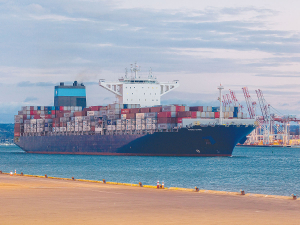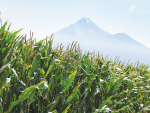Global food commodity prices rose in July, influenced by the termination of the Black Sea Grain Initiative and new trade restrictions on rice, says the Food and Agriculture Organization of the United Nations (FAO).
The FAO Food Price Index, which tracks monthly changes in the international prices of globally-traded food commodities, averaged 123.9 points in July, up 1.3% from May, but still 11.8% down on its July 2022 level.
The increase was largely driven by a sharp jump in the FAO Vegetable Oil Price Index, which rose 12.1% from June after seven months of consecutive declines.
International sunflower oil prices rebounded by more than 15% in the month, mostly due to renewed uncertainties surrounding the exportable supplies after Russia’s decision to end the implementation of the Black Sea Grain Initiative, which was launched last year to enable exports of grains, other foodstuffs, and fertilisers amid the current war in Ukraine.
Meanwhile, the FAO Cereal Price Index declined by 0.5% from June, driven by a 4.8% drop in international coarse grain quotations due to increased seasonal supplies of maize from ongoing harvests in Argentina and Brazil and potentially higher-than-anticipated production in the United States.
The FAO Dairy Price Index declined by 0.4% in July, putting it 20.6% below its July 2022 prices. World cheese prices recovered slightly after steep recent declines as hot weather affected seasonally declining milk supplies in Europe.
The FAO Meat Price Index declined 0.3% from June. Quotations for bovine, ovine and poultry meat declined on solid supply availabilities and in some cases lower demand from leading importers. Pig meat prices, by contrast, rose, reflecting high seasonal demand coupled with ongoing tight supplies from Western Europe and the United States of America.



















